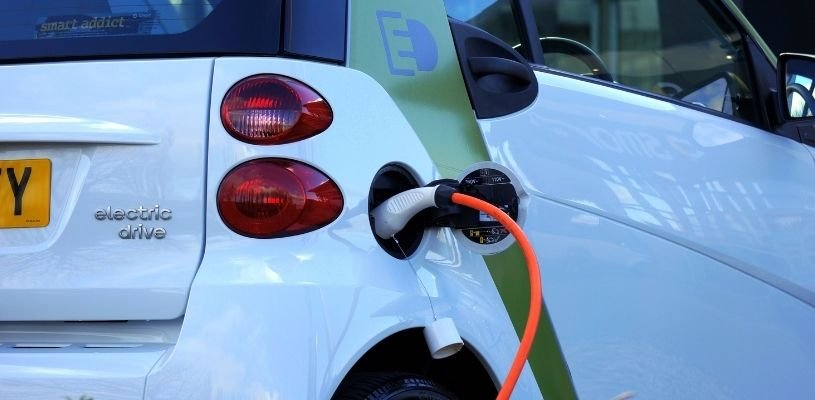
With much of the world going green, electric cars have become more popular than ever. There are plenty of environmental benefits of driving an electric vehicle, but is running an electric car cost effective? If you’re looking to cut costs and go green, we’re here to help you weigh up the costs of running and charging your electric vehicle.
Related: How Long Does it Take to Charge an Electric Car?
How much does it cost to charge your electric car at a public charge point?
There are around 30,000 electric vehicle (EV) charging stations around the UK alone, meaning there’s plenty of places for you to top up your car (Zap-Map, 2020). However, the cost of these public charging stations can differ slightly. Prices can depend on factors like; your car model, the location and the charge point power rating.
Power Ratings for Electric Vehicle Charge Points
The cost of each public charging station can depend on the power and charge speed they provide. Slow charge points are typically found at lamp posts or at home. Fast charge points are usually stationed at car parks and rapid charging points are usually found across motorway service stations.
Here’s the average time it takes for a full charge and kWs each charge point provides:
-
Slow: 8-10 hours, 3kW
-
Fast: 3-4 hours, 7kW - 22kW
-
Rapid: 30 mins, 43kW
Cost Per Mile of a Public Electric Car Charge Point
Knowing how much it will cost you to charge when out on the road depends on how often you use your electric car. Here’s a breakdown of typical cost per mile when charging one of our three most popular electric cars at a public charge point (Data provided by: Zap-Map, 2021).
-
Nissan Leaf: 7.5 pence per mile (fast charge point)
-
Mitsubishi Outlander: 2.6 pence per mile (fast charge point)
-
BMW i3: 7.9 pence per mile, (fast charge point)
Rapid charge points usually cost a bit extra, but can offer you a full charge in a much shorter amount of time, usually around 30 mins for the average electric car.
Related: How Do Electric Cars Work?
How to pay for a Public Charge Point
The payment method can vary depending on the public charge point itself. Some charging stations work by pre-loading money into an account that is automatically deducted when you charge up. Other charging points offer pay-as-you-charge apps to make it easier to pay via smartphone.
Do you have to pay to charge your car?
Some public charge points are now completely free to use. If you’re planning on travelling around the UK, then it’s worth checking if your hotel or accomodation offers free EV charging to save yourself some cash.
Also, investing in a home charger doesn’t make charging your electric car free, but it can help to reduce costs in the long term. Read below to find out how a home charger can help you reduce charging costs.
How much does it cost to charge your electric car at home?
In order to charge at home you will need to buy a home charger that is compatible with your electric car. The best home charger for you depends on your car and the charging speed, but they usually cost between £500-£1000.
However, it may be possible to save costs before you fork out for one of these. In an effort to reduce emissions, the government is offering OLEV grants for home charging stations. Check to see if you’re eligible before buying, as this might reduce your upfront costs.
Your home charge point will be your main source of power for your EV, so make sure you’re on the best home electric tariff to save yourself extra money once you’re up and running. Charging your electric car overnight at home is usually the cheapest way to top up your car, costing an average of £3.54 for a full charge of a BMW i3.
The overall cost of running an electric car
Although they come with some pretty hefty upfront costs (like buying a home charger), electric cars are still a cost efficient way to get around. Once you get going, topping up your electric car on the road isn’t all that expensive compared to running petrol or diesel cars.
You can find public charging points almost everywhere now, meaning you shouldn’t have to worry about where you’re going to fill up when you’re out on the road. Plus, you can shop around to see which charging station will be the most efficient for your car.
The UK Government aims to ban the sale of petrol and diesel cars by 2030, so they’re making it even easier and cheaper for drivers to choose electric. Check to see what government grants you’re eligible for to save yourself upfront costs whilst saving the environment.
Nationwide Cars have a wide selection of electric cars available to buy. You can browse our range of cars online - from the Jaguar I-Pace to the BMW i3 - and ask for more information by contacting us today.


